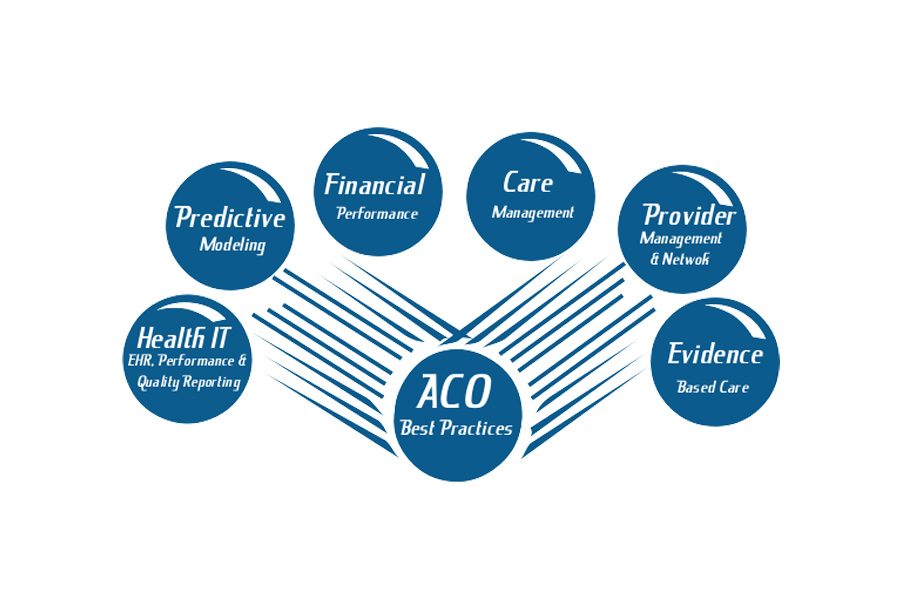
HEALTH & BENEFITS AND THE ACO MODEL
I had a Déjà vu over the weekend; it happened while I was talking to one of my nephews. He recently graduated college and is currently job searching. If you’ve never had a Déjà vu, it’s a weird feeling that you have experienced a current event similar to one that has occurred in the past.
Why I had this particular Déjà vu was because of the questions that were asked. Based on his questions, I wasn’t exactly sure if he was more interested in possibly becoming a headhunter or a health & welfare consultant. But as I became more focused on articulating the moving parts, included the current trends within the health & welfare consulting space, I realized that I had the exact conversation with a recruiter trainee many years ago. I even wrote an article on that same experience in 2002. Bottom line is that the consulting Industry runs in cycles and 2012 will be the start of a new cycle.
Before I get into the specifics of the cycles, let me first reflect on my prediction ten years ago.
Back then, we predicted explosive growth in the employee benefits middle space. Why? Because the trend that we saw was a shift from the National consulting firms to local mid-sized brokers! Here are the four main reasons for this shift:
- Technology would continue to play a significant role in mitigating operating expenses for consultancies.
- Middle Market brokers has a scalable business model that can leverage P&C relationships into employee benefits customers.
- The social trend of consultants demanding more work-life balance from their employers would drive this shift.
- At the end of the day the dollar is still green whether it came from hourly billable fee-for-service or commissions.
Like today, the economy was in a recession; not as severe as what we are experiencing presently; the Dot com melt-down, the Enron fiasco and the Attacks of September 11th were the cause of that recession.
As we predicted, the local brokers became formidable competitors to the National firms and we played our part in facilitating that process by recruiting consultants into the middle market space. However, one thing that we didn’t predict was that the local brokers would become acquisition targets by National firms.
So here we are ten years later; in another recession, with stagnant growth and continued consolidation within the Industry-but today the consolidation is taking place at the National level!
What is the new cycle?
Here we go again; demand for traditional health & welfare skills are starting to heat up, not from the employer/carrier driven side-but from the provider side of the table. It appears that the healthcare reform initiatives are transforming the Industry; and Accountable Care Organizations (ACO) will be the game changer in that space. Innovative solutions for bending the healthcare cost curve are trending demand and the traditional ways of delivering health insurance consulting services are gradually on the decline.
A traditional consultant, who recently entered ACO space, indicated that a number of the major carriers are collaborating and acquiring boutique players to strategically position themselves to capitalize on this growth potential. In addition, new start-ups are aggressively raising investor capital to penetrate and capture a piece of that pie. This gradual shift will create new types of business opportunities for the trailblazers in that space.
Modern Healthcare’s 2011 Accountable Care Organizations Survey indicated that a number of organizations are moving towards an ACO structure including:
Advocate Health Care, Agnesian HealthCare, Atlantic Health System, Blue Shield of California, Bronx Accountable Healthcare, Network Castle Health Group, Catholic Medical Partners, Cigna Medical Group, Dartmouth‐Hitchcock Medical Center, Eastern Maine Healthcare Systems, Geisinger Clinic, Gonzaga Medical Group, Holston Medical Group, Integrated Solutions Health Network, Intermountain Health, Medical Clinic of North Texas, Memorial Hermann, Mercy Medical Group, Montefiore Medical Center , New West Physicians, Norton Healthcare, Palmetto Health Quality Collaborative, Piedmont Physicians Group, ProHealth, Southeast Michigan Accountable Care, Southeast Texas Accountable Care Organization
What does this mean?
Simply, if consulting firms do not have a strategy in place to lead the charge into this space, not only will they lose healthcare providers as clients; they will also lose their most valuable asset- their best talents!
Another cycle is about to begin; buckle your seat belt and enjoy the ride.
